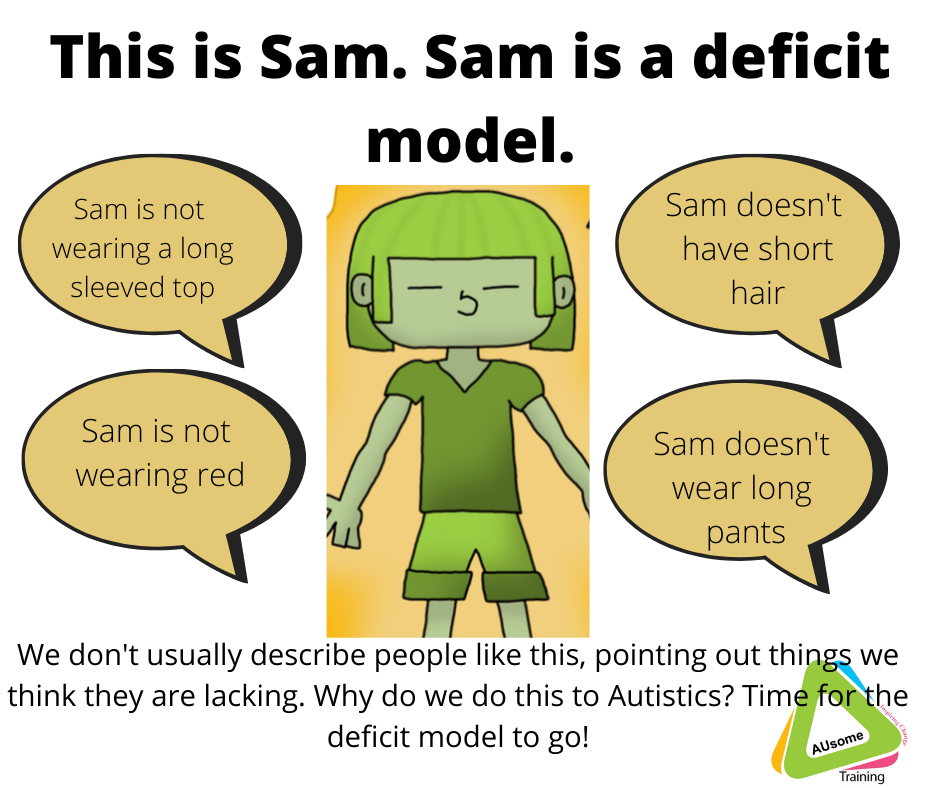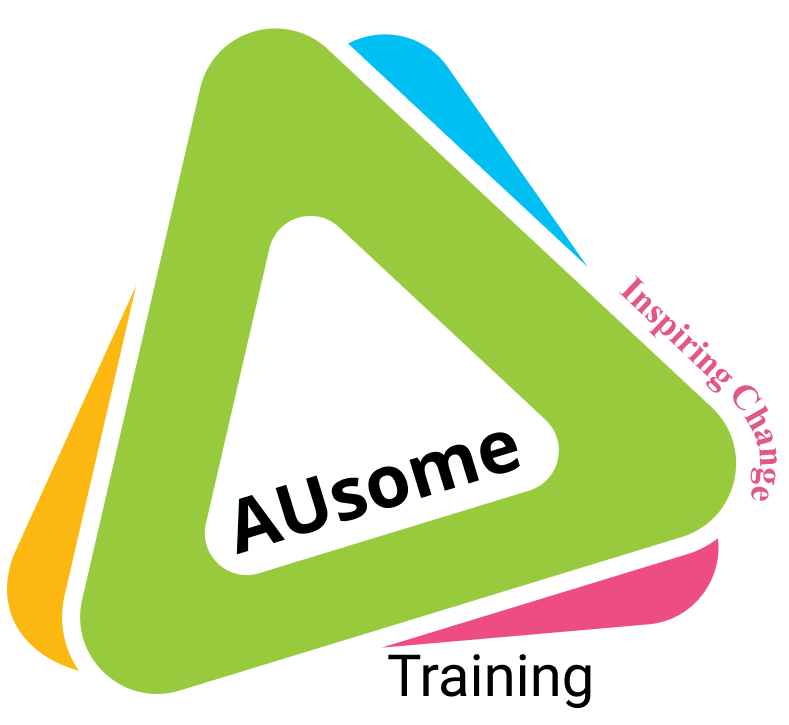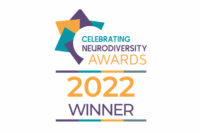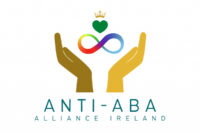Many, if not all autism and social skills courses lack appreciation for Autistic communication and empathy with Autistic people. Our Get Konnected: Neuro-affirming Social Skills Course teaches parents, educators and other professionals about social skills or social interaction. Unlike other social skills courses the Get Konnected course explains how Autistic kids and adults communicate both verbally and nonverbally and the many ways that miscommunications can arise. We can do this because we explain things from the Autistic perspective.
Many social skills courses are still working within the deficit model of autism which is completely outdated and oppressive, damaging and unhelpful to Autistic people. Luckily, many professionals are now moving away from this model and are looking at better ways to teach about autism social skills.
Dr. Catherine Crompton and Dr. Sue Fletcher Watson tested the idea that Autistic people lack social skills or the ability to communicate effectively in Edinburgh University 2019. Autistic people are meant to lack social skills or lack an ability to interact. Following on from this thinking then it would be logical to presume that a group of Autistic people should experience great difficulties when communicating with each other. With no effective communicators around to guide us then surely we would not be able to communicate. The studies showed quite the opposite. It showed that Autistic people are effective communicators when interacting with each other.
The results of this research proved what Autistic people have been saying for decades which begs the question; why weren’t these theories about Autistic people tested decades before? Why were programs created based on this incorrect theory and why are Autistic children being taught to communicate and act in non-autistic ways? Social Skills training disrespects and ignores their own abilities and way of communicating. Why should these abilities be cast aside in favour of something that is imposed upon them? Something that is perceived as better.
How much better are non-autistic social skills? Where are the studies to compare our way of communicating and our social skills with those of non-autistics? How awful to just assume Autistic people have nothing to offer others. From where I’m sitting, writing this I think we could teach others about compassion, empathy, acceptance and respectful interaction.
So the question that comes up from allies of Autistics and those who see us as more than a collective of deficits, is well if not social skills training then what? Because the idea of just accepting differences is still alien to many we have to find ways to bridge the gaps that can occur when people have different styles of communicating.
And so we have developed an autism and social skills course which does exactly that.
Our Get Konnected Autism and Social Skills course will give you the tools you need as a parent, teacher, SNA or therapist to work within the Neurodiversity paradigm and outside of the deficit model.

Find out more about how this social skills course is different below?
We sent our Konnect books to Dr. Catherine Crompton who carried about the research in edinburgh and here’s what she said:
“The Konnect series are the first activity books to help neurodiverse young people embrace and harness their individual ways of communicating. The activities allow children to find their own ways to express themselves, and learn more about themselves and others. They support children to develop the skills to communicate what they think and how they feel in diverse ways. They encourage children to build confidence and relationships in a way that works with them, using their diverse strengths. It’s so important to have materials created by neurodivergent members of the community, and Evaleen has combined her experiences as an autistic person with her expertise in speech and drama to create truly unique and valuable resources.”



